SUMMARY
This is AI generated summarization, which may have errors. For context, always refer to the full article.
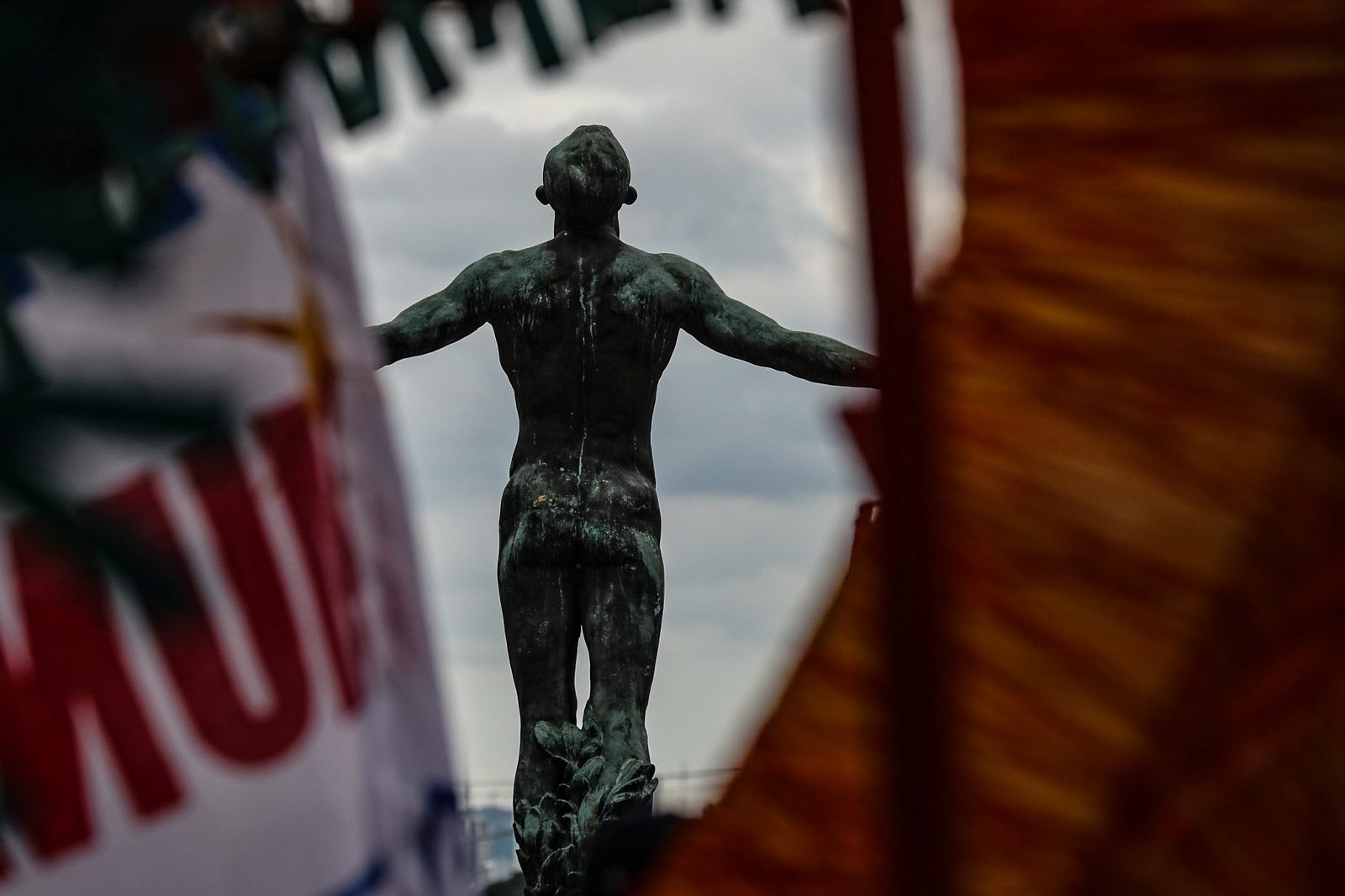
The University of the Philippines (UP) Diliman University Council (UC) called on Defense Secretary Delfin Lorenzana – “as a sign of good faith” – to restore the controversial UP-DND accord that prevented state forces from freely entering the campus.
In a statement released on Thursday, February 11, the UP Diliman UC urged the Department of National Defense, and especially the Armed Forces of the Philippines (AFP), to end red-tagging any members of the UP community and “take concrete steps to hold accountable those who have red-tagged members of the community.”
“We, members of the University Council of the University of the Philippines Diliman, join our students, staff, and alumni in opposing the unilateral abrogation of the 1989 UP-DND Agreement by the Department of National Defense and the government’s broader campaign to ‘red-tag’ members of the UP community,” the council said.
“Thereafter, order to strengthen the Agreement and its guarantees for academic freedom, the dialogue between UP and DND should continue with the full participation of faculty, students, and other members of the community,” it added.
During the first dialogue, the only ones in attendance on the UP side were UP president Danilo Concepcion and UP Vice President for Public Affairs Elena Pernia.
The University Council is the “highest policy-making body” of each UP constituent university composed of the chancellor, professors, associate professors, and assistant professors of the autonomous campus.
On February 4, UP and DND officials had a dialogue on the scrapped accord, where they discussed the “way forward and possible areas of cooperation” though both parties gave no details of the discussion itself.
The university council said red-tagging “is a baseless labeling of people, organizations, and institutions meant to silence critics and stifle dissent.”
“It is dangerous, and it has led to and will enable further intimidation and violence,” it said.
In what human rights groups hope would only be the start of a bigger effort, the military is investigating Lieutenant General Antonio Parlade Jr for red-tagging Inquirer.net reporter Tetch Torres-Tupas and even threatening her with possible prosecution under the anti-terror law. This is in connection with Tupas’ story on jailed Aetas who sought to intervene in the ongoing anti-terror law case before the Supreme Court.
Before red-tagging Tupas, Parlade has red-tagged politicians, students, activists, and political adversaries of President Rodrigo Duterte.
‘Significant threat to academic freedom’
The UP Diliman UC said that the termination of the UP-DND agreement posed a significant threat to academic freedom, a constitutionally protected right enshrined in the UP Charter.
“Without academic freedom, we will be unable to fulfill our mission and we will be incapable of upholding our values of academic excellence and honor,” the council said.
The council members said academic freedom allows “UP faculty, students, and staff to discuss, debate, and challenge ideas without fear of being silenced or punished.”
“It enables an intellectually vibrant environment where members of our community are exposed to a wide range of philosophical, political, or even religious perspectives,” they added.
Under the 1989 UP-DND agreement, state forces have to notify the university administration first before they can enter UP campuses. (READ: What you need to know about the 1989 UP-DND accord)
The scrapping of the deal has come under fire as students and various groups blasted the Duterte government for militarizing campuses. UP President Danilo Concepcion said that the abolition of the deal was “totally unnecessary and unwarranted.“
This latest crackdown of the Duterte government against dissent shrinks further the democratic space in the country as UP campuses have been a refuge for student activism since the 1980s. – Rappler.com
Add a comment
How does this make you feel?

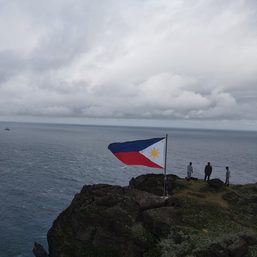

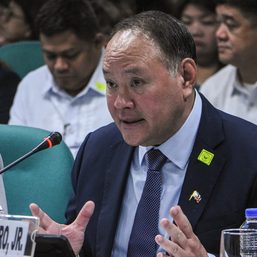
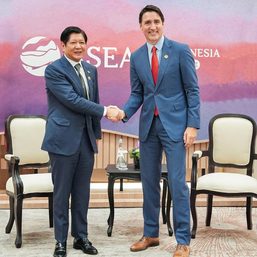
![[Time Trowel] Mentorship matters](https://www.rappler.com/tachyon/2024/04/mentorship-matters.jpg?resize=257%2C257&crop_strategy=attention)
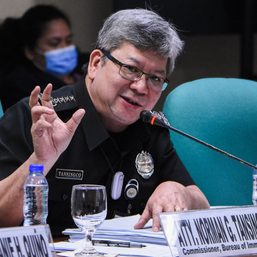


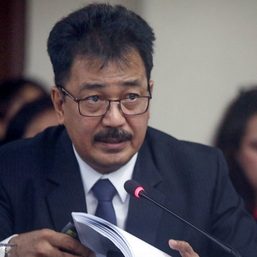

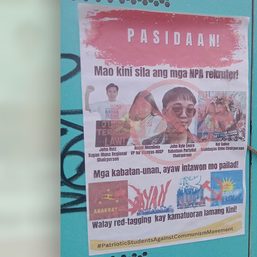
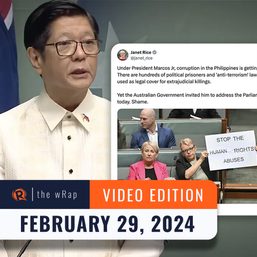
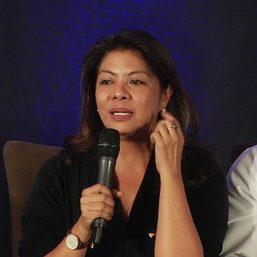
![[OPINION] Jhed and Jonila’s fight for justice](https://www.rappler.com/tachyon/2024/02/TL-jhed-and-jonilla.jpg?resize=257%2C257&crop=411px%2C0px%2C1080px%2C1080px)
There are no comments yet. Add your comment to start the conversation.